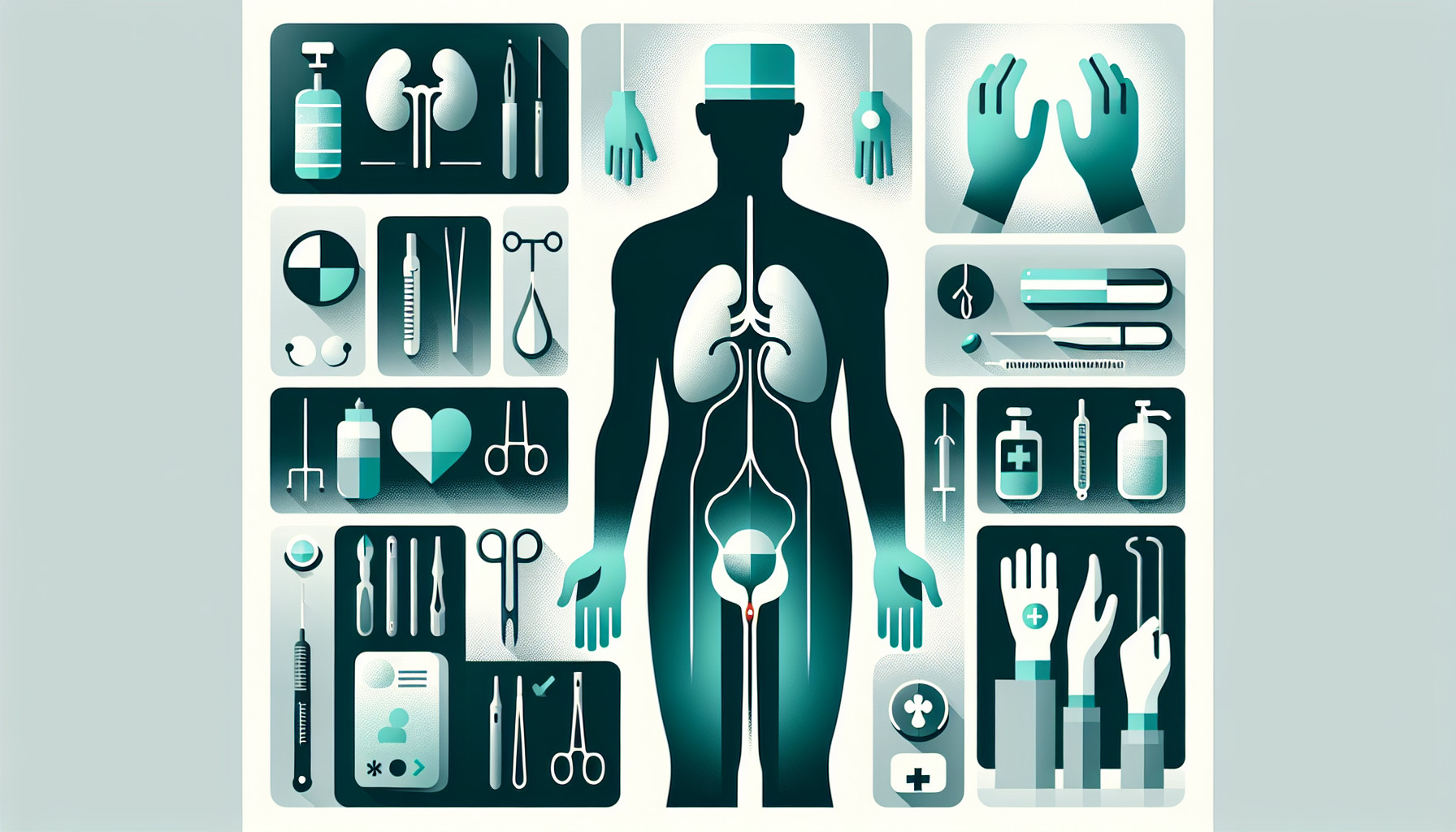Our Summary
This research paper focuses on the problem of low blood pressure (hypotension), a dangerous complication that can occur in children after they have had a kidney removed (nephrectomy). The researchers wanted to find out how often this happens, what the outcomes are, and what factors might increase the risk of it happening.
The team looked at the medical records of children who had a kidney removed at their hospital between 2002 and 2020. They didn’t include children who were having a kidney transplant or children who already had low blood pressure before the kidney removal.
In total, they looked at 55 kidney removals in 51 patients. The majority of these were for a variety of kidney diseases, including Wilms tumor and neuroblastoma. After the kidney removal, 11 patients (or 20%) developed low blood pressure. Two of these patients continued to have low blood pressure, and one patient unfortunately passed away.
The researchers found several factors that were linked with a higher risk of developing low blood pressure after kidney removal. These included being male, having kidney disease, having both kidneys removed, having a low rate of kidney function, having a thicker than normal left ventricle (part of the heart), having high blood pressure before the kidney removal, taking medication for high blood pressure, and having higher than normal levels of certain hormones (renin and aldosterone). However, when they ran a more detailed analysis, the only factor that stuck out as a significant risk was having high blood pressure before the kidney removal.
In conclusion, the researchers found that children who have high blood pressure before having a kidney removed are at a higher risk of developing life-threatening low blood pressure after the operation. This is especially important to consider in young children who are having both kidneys removed.
FAQs
- What is the main risk factor for post-nephrectomy hypotension in children?
- What percentage of children developed post-nephrectomy hypotension in the study?
- What conditions might increase a child’s risk for post-nephrectomy hypotension?
Doctor’s Tip
A helpful tip a doctor might tell a patient about nephrectomy is to closely monitor blood pressure before and after the procedure, especially if the patient has a history of hypertension. Post-nephrectomy hypotension can be a serious complication, so it is important to be aware of the potential risks and to seek medical attention if any concerning symptoms occur. Additionally, patients should follow their doctor’s recommendations for monitoring and managing blood pressure to help prevent complications.
Suitable For
Patients who are typically recommended nephrectomy include those with conditions such as Wilms tumor, neuroblastoma, congenital nephrotic syndrome, Denys-Drash syndrome, WAGR syndrome, and autosomal recessive polycystic kidney disease. In particular, children with hypertension before nephrectomy may be at higher risk for post-nephrectomy hypotension and should be carefully monitored for this complication. Additionally, infants who undergo bilateral nephrectomy may be at higher risk for developing life-threatening hypotension.
Timeline
Before nephrectomy:
- Patient is diagnosed with a condition necessitating nephrectomy, such as Wilms tumor, neuroblastoma, or kidney disease.
- Preoperative evaluations and tests are conducted to assess the patient’s overall health and suitability for surgery.
- Patient may undergo preoperative treatments or interventions to manage symptoms or prepare for surgery.
- Surgery is scheduled, and patient receives preoperative instructions and guidance.
After nephrectomy:
- Patient undergoes nephrectomy surgery, during which one or both kidneys are removed.
- Immediate postoperative care is provided to monitor the patient’s vital signs and manage pain and potential complications.
- Patient may experience postoperative hypotension, with risk factors such as male sex, kidney disease, bilateral kidney resection, hypertension before surgery, and other factors contributing to its development.
- Patients with post-nephrectomy hypotension may require additional monitoring, interventions, or treatments to stabilize their blood pressure and support their recovery.
- Long-term follow-up care is provided to monitor the patient’s renal function, blood pressure, and overall health after nephrectomy.
What to Ask Your Doctor
- What is the likelihood of developing post-nephrectomy hypotension in children?
- What are the signs and symptoms of post-nephrectomy hypotension that I should watch out for?
- Are there any specific risk factors in my case that may increase my chances of experiencing post-nephrectomy hypotension?
- How will my blood pressure be monitored during and after the nephrectomy procedure?
- What steps can be taken to prevent or manage post-nephrectomy hypotension?
- Are there any medications or interventions that may be necessary to address hypotension after nephrectomy?
- How long should I expect to stay in the hospital following the nephrectomy procedure, and will this be influenced by the risk of hypotension?
- Are there any long-term implications or complications related to post-nephrectomy hypotension that I should be aware of?
- Will I need any follow-up appointments or monitoring to assess for hypotension after the nephrectomy?
- Are there any lifestyle changes or precautions I should take to reduce the risk of hypotension following nephrectomy?
Reference
Authors: Nishi K, Kamei K, Ogura M, Sato M, Ishiwa S, Shioda Y, Kiyotani C, Matsumoto K, Nozu K, Ishikura K, Ito S. Journal: Pediatr Nephrol. 2021 Nov;36(11):3699-3709. doi: 10.1007/s00467-021-05115-7. Epub 2021 May 14. PMID: 33988732
